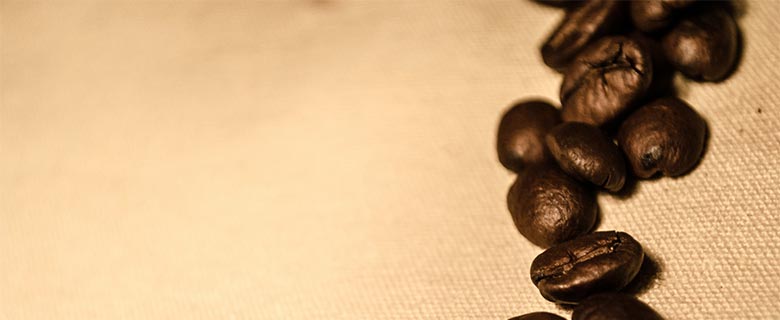Can’t Remember? Have A Coffee!

A good, strong shot of coffee a day could be the secret to longer lasting memories a new US study finds – allowing all those associated with the beverage to once again proclaim its seemingly continuous magical properties!
Swarms of sleepy-eyed commuters clutch a cup of coffee every morning, but a study, run by Michael Yassa a neuroscientist from the Johns Hopkins University in Baltimore, shows that your daily cup might just help jolt your memory.
The aim of the study was to better understand how images are in the brain by way of pattern separation, something which is vital to everyday situations.
For example: The ability of being able to distinguish where you parked your car in the shopping centre car-park relies on this type of memory. Cars upon cars fill identical parking spaces. Where is your trusted motor?
Those taking part in the research were shown a series of images that would commonly be found in the home such as a hammer, a rubber duck and a book. Half were given a caffeine pill, the rest were given a placebo. The next day they were shown similar, but not identical slides. Participants were then tested. The group that had a 200mg shot of caffeine were, on average, ten percent better at distinguishing the images they had seen from their look-alike counterparts.
Dr Yassa said about the findings that if ‘a standard recognition memory task [had been used] without these tricky, similar items, we would have found no effect of caffeine. However, using these items requires the brain to make a more difficult discrimination – what we call pattern separation, which seems to be the process that is enhanced by caffeine in our case.’
Only a handful of studies have been previously carried out into caffeine’s effect on long-term memory and the majority of them have found little evidence. Though coffee doesn’t, however, help memory retrieval: a second experiment, where caffeine was consumed just one hours before the test, provided no positive effect. They also re-ran the test with lower and higher doses of caffeine, and the effect was less pronounced—so two espressos is the real sweet spot
According to figures released by the U.S Food and Drug Administration, ninety percent of people worldwide consume caffeine in one form or another, be it chocolate, coffee or energy drinks (for example).
